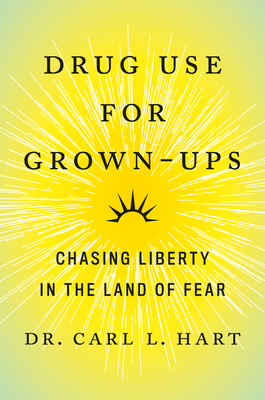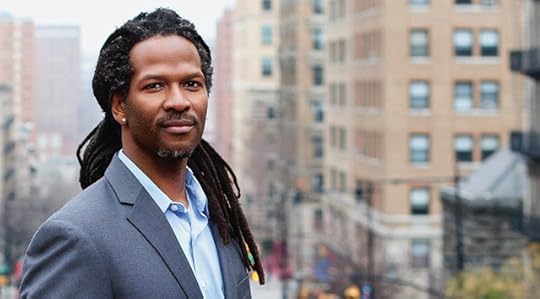What do you think?
Rate this book


304 pages, Hardcover
First published January 12, 2021

"Here’s the bottom line: over my more than twenty-five year career, I have discovered that most drug-use scenarios cause little or no harm and that some responsible drug-use scenarios are actually beneficial for human health and functioning. Even “recreational” drugs can and do improve day-to-day living. Several large research studies have shown that moderate alcohol consumption, for example, is associated with decreased risk of stroke and heart disease, the top killers in the United States each year.9 As you will discover, a number of beneficial effects have been observed with other drugs as well. From my own experience—the combination of my scientific work and my personal drug use, I have learned that recreational drugs can be used safely to enhance many vital human activities..."